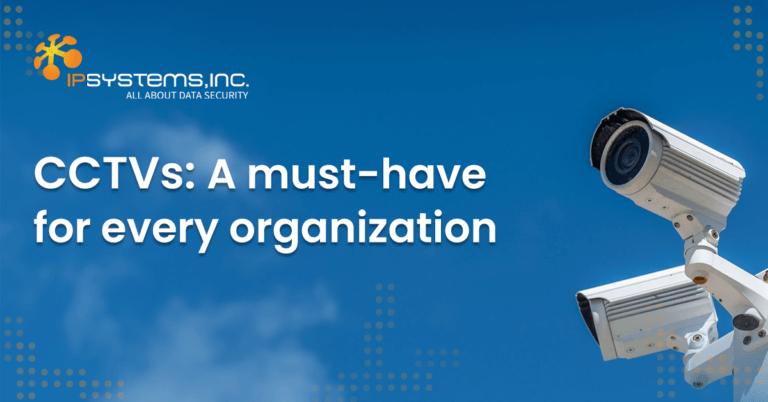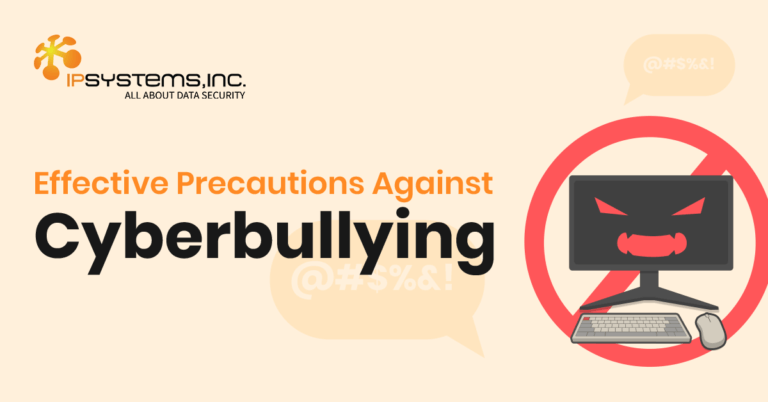
Innovating your Business with Green Data Centers
Blog: Innovating your Business with Green Data Centers Data centers are centralized facilities equipped with essential hardware like servers, storage devices, and networking equipment.

The sphere of influence that the Internet of Things (IoT) has on our lives has significantly grown in the last few years. From computers to watches, we have seemingly found a way to connect different devices or endpoints to a network. However, with this ease also comes the subsequent responsibility of protecting ourselves from malicious attacks perpetrated to disrupt our daily lives. These attacks evolve along with technology and can cause significant damage and losses. That’s why a lot of organizations invest in their endpoint security.
As your business grows, the amount of sensitive data that it stores grows as well. To accommodate the build-up of sensitive customer and business data, your organization will also invest in additional equipment – and keeping these devices safe should be your number one priority. An endpoint is defined as any appliance that connects to a network. These are:
Computers
Laptops
Tablets
Mobile Phones
ATMs
Medical Devices
Servers
Protecting workstations against malicious attacks is the practice that we call Endpoint Security. It is a discipline that’s concerned with ensuring that any equipment in your organization adheres to your company’s data security policies. To make sure that your devices are protected, you can also deploy software solutions to help you detect, analyze, monitor, and block any kind of threats.
To guarantee a foolproof defense against online and offline threats, organizations always turn to leverage the technology of Endpoint Protection Platforms (EPP). Also known as Endpoint Security Solutions, they can be deployed either on-premise or through the cloud. EPPs work by examining the files that enter your network or devices, by scanning them for malware, and flagging & blocking suspicious activities should they contain anything malicious.
Moreover, here are some ere are common types of cybersecurity attacks that EPPs can protect you from:
This attack involves a hacker holding your data hostage and will only release it if you pay a ransom; hence, the name “Ransomware”. This attack can spread to your network and target your database, essentially paralyzing your operations.
This type of online threat usually occurs via email and/or text messaging – the latter usually called as “smishing”. The malicious actor sends an email or text message to an unsuspecting user and will instruct them to click on the link. This will lead them to a fake landing page or website where they will be asked to provide their sensitive information such as credit card details, government numbers, home address, login credentials, and more. This attack can have devastating results which includes loss of monetary funds or even identity theft.
This security exploit is executed by first observing which website an organization often visits. The cybercriminal then infects that website with malware which in turn will surely infect one or more employees. The goal of the attacker is to gain access to a user’s network and steal sensitive data. While uncommon, watering hole attacks still pose a threat as they are hard to detect.
According to a study, 49% of workers in the Philippines prefer going completely remote. In addition to that, the sudden shift to remote work, caused by the pandemic, made organization’s extremely vulnerable to attacks. It made it impossible for them to control the devices that their employees use. Oftentimes, employees opt to use their personal equipment compared to company-issued workstations which puts work-related data at risk of being breached or hacked.
However, if you’re an organization that’s keen on maintaining your device security no matter the work setup, you will experience:
All businesses adhere to laws and regulations concerning data security in the Philippines. Maintaining compliance saves you the trouble of paying an expensive fine and minimizes the chances of your systems ever experiencing an unprecedented attack.
Having a comprehensive and effective endpoint security saves time for your IT staff. By having a software that’s working overtime in the background, they can focus more on other important tasks. Moreover, it also ensures uptime for all your devices and streamlines their management because Endpoint Protection Platforms (EPPs) have at-a-glance dashboards that displays all your devices, their status, and performance.
Benjamin Franklin once said that “…by failing to prepare, you are preparing to fail.” Any business, no matter the size, should be well prepared for any attack that might happen. An ironclad endpoint security technique not only serves to secure your business’ data, but it also gives your customers peace of mind because they know that their personal information is safe.
Want to learn more about endpoint security? Talk to us at +63 (2) 8638 – 3264 or send us an email at [email protected].



Blog: Innovating your Business with Green Data Centers Data centers are centralized facilities equipped with essential hardware like servers, storage devices, and networking equipment.

Blog: CCTVs: A must-have for every organization Nearly every business and organization, regardless of size, has already implemented CCTV Services within their premises because

Blog: Combating Bullying in Digital Classrooms: Empowering Students for a Safer Learning Environment Bullying is a pervasive issue that inflicts emotional, psychological, and physical